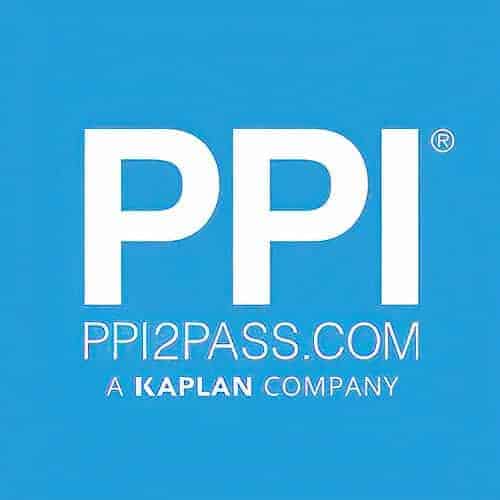In this episode, I talk with Wes Marshall, Ph.D., P.E., professor and associate chair of civil engineering at the University of Colorado Denver, about his book, “Killed by a Traffic Engineer,” and how engineers can help to solve the biggest transportation and urban planning challenges.
Engineering Quotes:
Here Are Some of the Questions I Asked Wes:
- What inspired you to write “Killed by a Traffic Engineer,” and what key message do you hope engineers take from it?
- What do you think is the biggest challenge in urban planning and transportation today, and how can engineers help solve it?
- How does focusing on “designing for people” change our approach to infrastructure projects?
- How can civil engineers incorporate sustainable practices more effectively into urban design and transportation?
- What are the main opportunities and challenges for civil engineers with the rise of smart cities and new technologies?
- How can engineers make sure infrastructure projects benefit all communities, especially underserved ones?
- How can civil engineers balance innovation with the practical challenges they face on projects?
- What final piece of advice would you give to engineers just starting out who want to make a difference in urban planning and transportation?
Here Are Some Key Points Discussed in This Episode About How Engineers Can Tackle Urban Planning Challenges Better:
- Engineers are starting to rethink the role of cars in transportation, recognizing our deep dependence on them. The book, “Killed by a Traffic Engineer,” highlights the importance of incorporating new technology, like smart sensors and automated vehicles, while reexamining outdated assumptions to improve traffic systems and urban design.
- The biggest challenge is addressing road safety by moving beyond blaming human error and focusing on poor infrastructure design. Engineers can solve this by designing systems that account for how people actually move through urban environments, thus improving safety on a systemic level.
- Designing for people instead of vehicles in infrastructure projects transforms urban spaces by prioritizing pedestrian and public transit needs. This shift leads to safer, more inclusive streets, creating public spaces that serve everyone, not just cars.
- To incorporate sustainability into urban design and transportation, engineers must focus on fundamental design principles rather than relying solely on technology. Effective solutions start with creating efficient and reliable infrastructure that integrates technology as a supportive tool rather than a primary solution.
- New technologies, like autonomous vehicles and smart sensors, offer opportunities to improve urban mobility, but there is a challenge in ensuring they don’t lead to over-reliance or careless behavior. Engineers must balance technological integration with sound, people-centered design principles.
- Engineers must balance public input with data-driven decisions to ensure safety and effectiveness in infrastructure projects. This includes considering the needs of underserved communities while basing final designs on research and modern safety standards, rather than outdated assumptions like wider roads being safer.
- Civil engineers should balance innovative designs with practical, proven approaches, avoiding over-design. While modern regulations are important, engineers need to consider effective, long-standing solutions that have worked for decades to ensure that innovation doesn’t create unnecessary complexity.
- New engineers should pursue advanced education to deepen their expertise, moving beyond basic guidebooks and learning how to apply broader knowledge. This helps them make informed decisions that impact the safety and effectiveness of transportation projects, ultimately leading to greater success in the field.
More Details in This Episode…
About Wes Marshall, Ph.D., P.E.

He is the author of the 2024 book, “Killed by a Traffic Engineer,” and has published over 80 peer-reviewed journal articles and book chapters, with millions of dollars in research funding. His impact in the field has earned him CU Denver’s outstanding faculty in research award, as well as the college of engineering’s outstanding faculty in teaching award — an honor he’s won three times. A graduate of the University of Virginia and the University of Connecticut, Wes is also the recipient of the Eisenhower Transportation Fellowship, Australia’s Endeavor Fellowship, and the Wootan award from the Transportation Research Board.
With his continued passion for teaching, research, and mentorship, Wes remains committed to shaping the future of transportation and urban design.
Books Mentioned in This Episode:
Sources/References:
University of Colorado Denver
ITE Parking Generation
Vision Zero
Hyperloop
ASCE
This Episode Is Brought to You by PPI

We would love to hear any questions you might have or stories you can share on how you tackle urban planning challenges.
Please leave your comments, feedback, or questions in the section below.
















